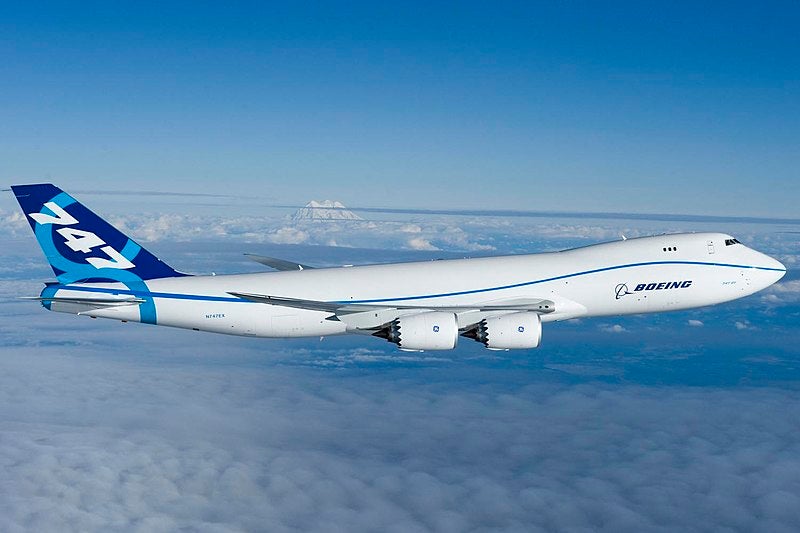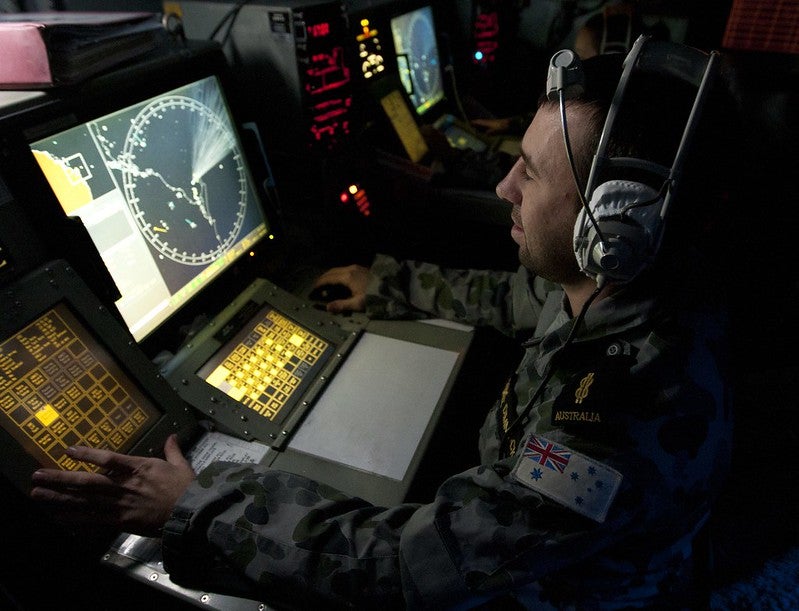
Boeing said it was pleased with the response to the bond offering, adding it ‘is one of several steps we’re taking to keep liquidity flowing through our business and the 17,000 companies in our industry’s supply chain.’
As a result of securing $25m from the bond offering the company said at the moment it was not planning to seek any additional capital or US government funding.
In a statement, the company added: “The bond offering includes debt instruments with an aggregate principal amount of $25 billion across seven tranches with maturities ranging from three to 40 years.
“We will continue to assess our liquidity position as the health crisis and our dynamic business environment evolve.”
Boeing has turned to capital funding rather than facilities made available by the US government, which recently passed the CARES act to assist businesses through the Covid-19 pandemic. Under the $2 trillion act, Boeing is eligible for loans worth up to $17bn from the US government should it need to tap into them.
Following the poor first-quarter results Boeing saw its credit rating downgraded from BBB/A-2 to BBB-/A-3 by S&P Global, taking the company one step downwards towards ‘junk’ status.
In its statement, Boeing added: “We’re pleased with the response to our bond offering today, which is one of several steps we’re taking to keep liquidity flowing through our business and the 17,000 companies in our industry’s supply chain.
“The robust demand for the offering reflects strong support for the long-term strength of Boeing and the aviation industry. It is also in part a result of the confidence in the market created by the CARES Act and federal support programs that have been put in place – a testament to the administration, Congress and the Federal Reserve.”
Whilst Boeing’s defence business has remained relatively stable, the global pause in commercial aviation has wreaked havoc on the finances of the company already attempting to recover from the fallout of the 737 MAX.
In a letter on Wednesday, Boeing president and CEO Dave Calhoun said the company’s focus would be maintaining cashflow and liquidity throughout the crisis.
Calhoun said: “All of this puts near-term pressure on our cash flow. We’re taking steps to keep liquidity flowing through our business and supply chain. We’re reducing operating costs and discretionary spending, suspending dividend payments, extending our existing pause on
stock buybacks, reducing or deferring R&D and capital expenditures, and accelerating some progress payment receipts with help from our defence customers.
“Our chairman and I are also foregoing our salaries for the year. And as you know, we’re exploring potential government funding options and advocating for access to credit for the entire aerospace manufacturing supply chain.”





